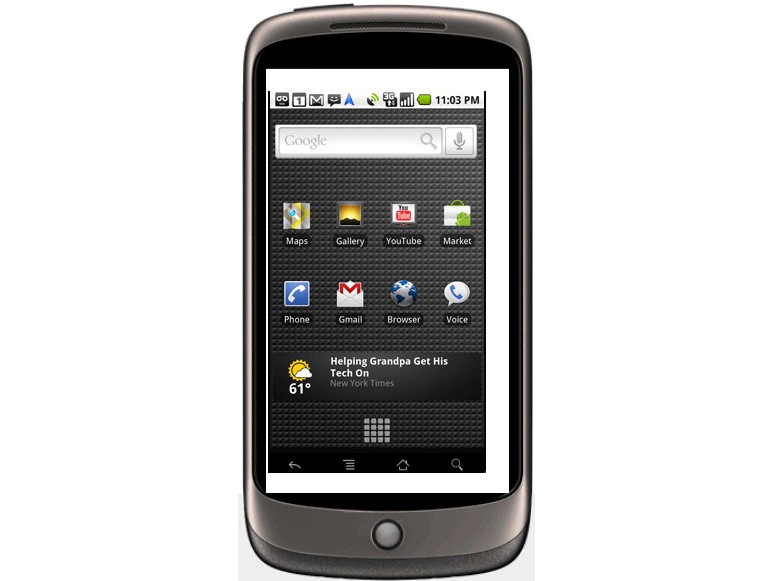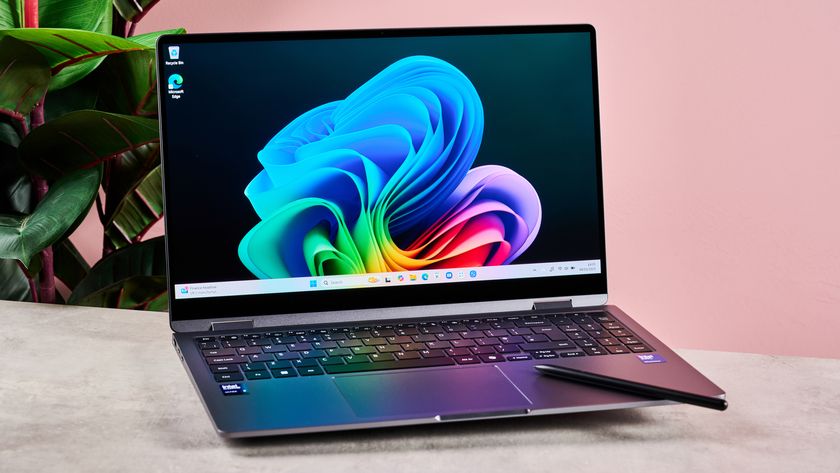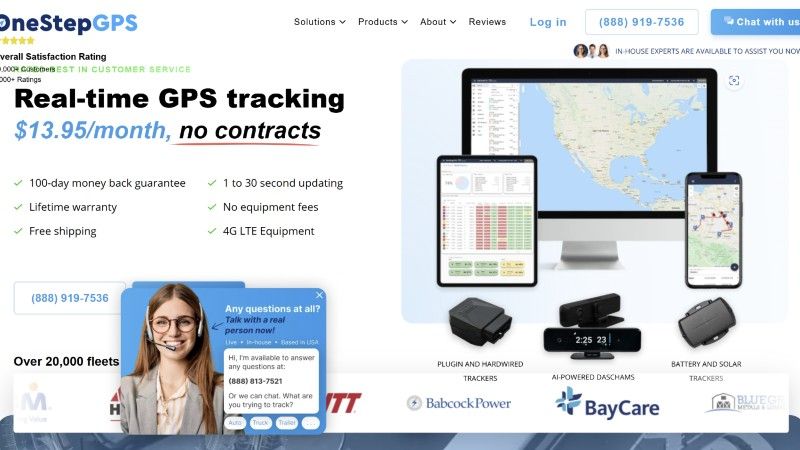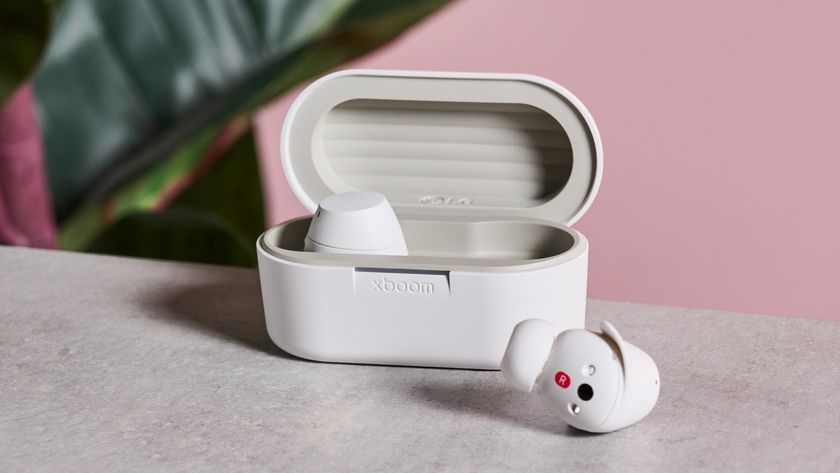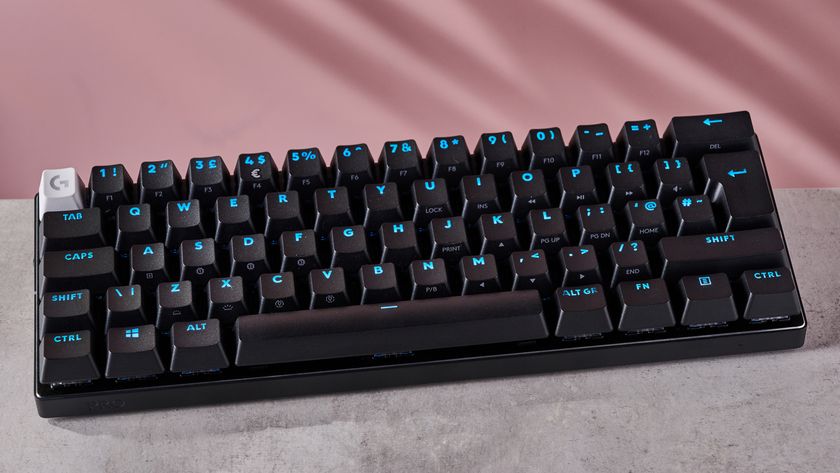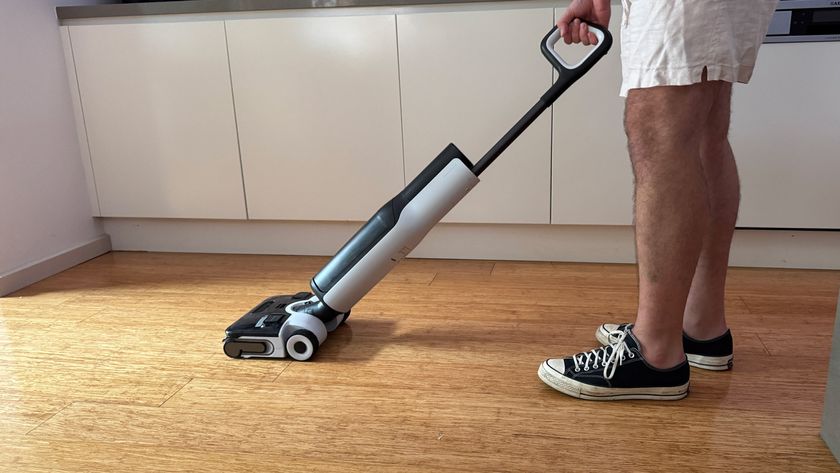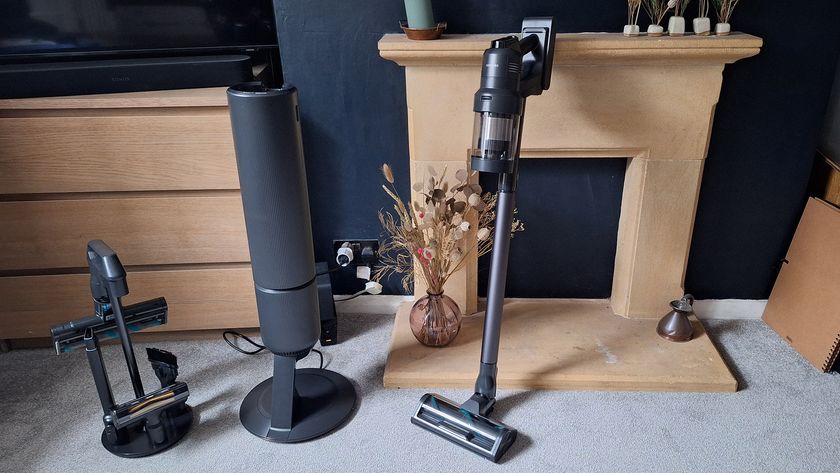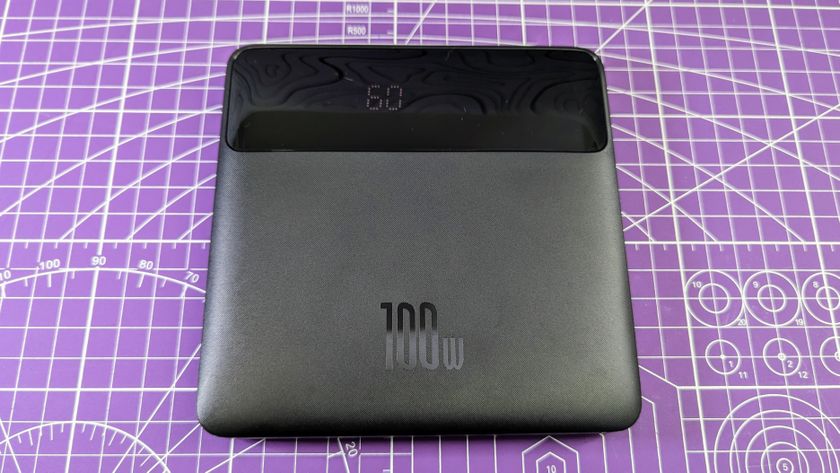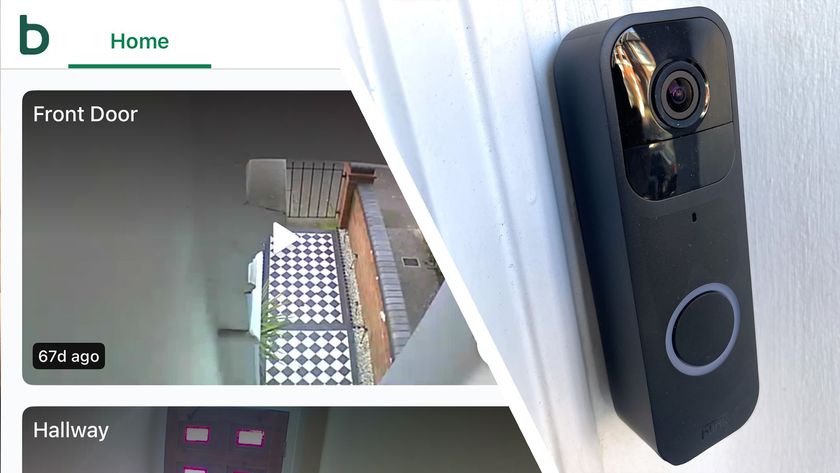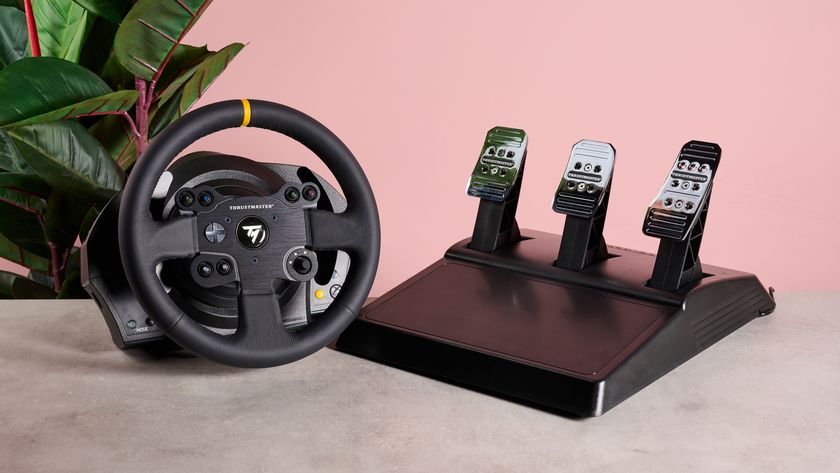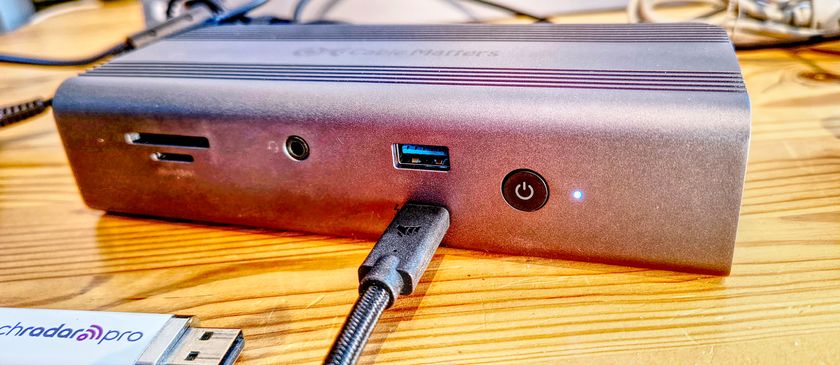TechRadar Verdict
A decent effort for the first Googlephone - but we can't help but feel there's more to come from the search giant
Pros
- +
Great camera
- +
Thin and light
- +
Responsive touchscreen
- +
Haptics for the main buttons
- +
Runs fast
Cons
- -
Tilt function problematic
- -
Gets slippery
- -
Not every finger press registers
- -
No dedicated phone button
- -
No real keypad
Why you can trust TechRadar
Google has created hype around its own phone to rival Apple with its iPhone - and it has better specs on nearly every feature with the Nexus One. But is it enough to sway public opinion?
In an attempt to show itself as a mobile manufacturer in its own right, Google has released the Nexus One, a handset built by HTC but branded solely as a Google phone.
Despite some well-publicised problems with customer support and keypad malfunctions - neither of which became an issue during our testing process - the Nexus One is actually a stellar smartphone, easily the match of its peers.
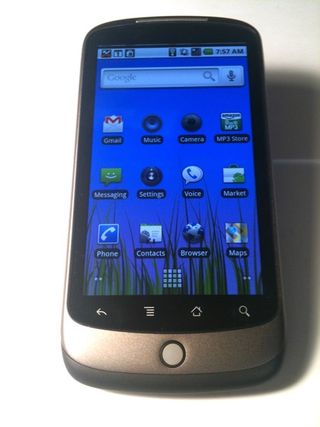
Everyone likes to talk about the next 'iPhone killer' - in reality, Android OS phones are content with second place, beating competitors like Nokia, Palm, Windows Mobile and RIM's BlackBerry OS.
With Android, the hardware is also advancing, especially in terms of the touchscreen and the camera. For those wondering if they should just jump on the iPhone bandwagon, there are still a few annoying qualities about the Nexus One. It will not kill the iPhone, and here's why:
For starters, the Nexus One lacks some wizardry. For example, there's a split second pause when you turn the device to the side for landscape orientation, and you might even find yourself turning the phone a couple of times to get the accelerometer to kick in.
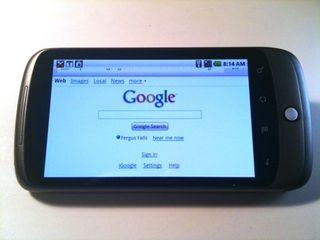
The keypad - while fully functional when we tested it for several days - is a bit imprecise on occasion. In fact, the Nexus One acts like some of the poorer touchscreens on offer at times, where the display is mostly responsive under the finger but lags occasionally.
There are also a few minor gripes that add up to a less-than-amazing experience. One is that the phone can get a bit greasy after extended use and even slip through your fingers. You'll smudge up the screen quickly.
Google also needs to think seriously about some of the power saving decisions on the Nexus One. Of course, you can configure when the screen blanks and when the phone goes into a sleep state, but the default options are impractical: to resume the phone, you have to press the power switch.
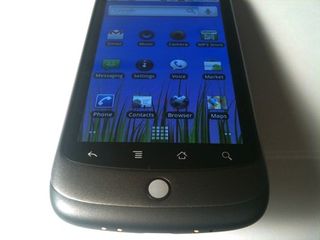
For those who are used to just touching the screen to resume, or pressing any other button, you might get frustrated quickly. Forcing you to use the power button is a design decision - it means you won't inadvertently make a phone call with the phone in your pocket. It's still a pain, however.
And then there is just the overall experience of using the Nexus One. In many ways, the Nexus One is a geek phone - there are a plethora of menu options for built-in apps and an exhaustive list of options under settings.
There are so many techie details to explore that new users might get confused by simple operations, such as how to archive an email. (You have to 'long press' and select Archive.)
Bottom line: even if Apple has no need to worry, the Nexus One is still the best Android phone available today.
Sure, it's easy to argue that the Motorola Milestone is more rugged and comes with a full QWERTY keypad, and that the Hero uses a specialised interface that you can use to suit your preferences. Still, as a basic summary, the Nexus One is thin, fast, has a great camera, and worked well as a primary business and consumer phone.
Current page: Google Nexus One: Overview
Next Page Google Nexus One: DesignJohn Brandon has covered gadgets and cars for the past 12 years having published over 12,000 articles and tested nearly 8,000 products. He's nothing if not prolific. Before starting his writing career, he led an Information Design practice at a large consumer electronics retailer in the US. His hobbies include deep sea exploration, complaining about the weather, and engineering a vast multiverse conspiracy.

I review all the best camera phones, but I think Samsung and Apple should just copy the Fujifilm X100VI already
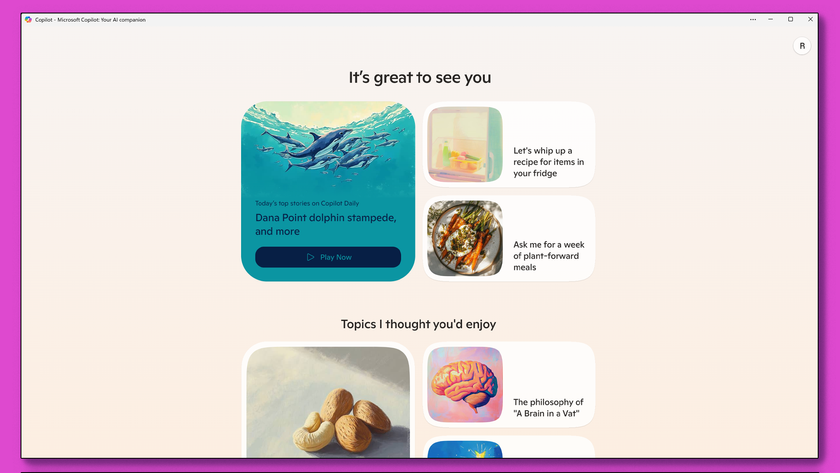
I tried Microsoft Copilot's iOS app, and here are 3 reasons why you should too
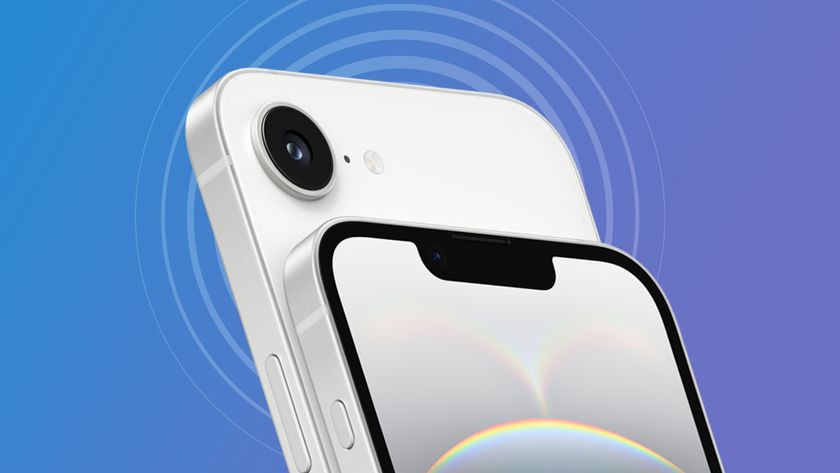
SpaceX and Apple reported spat could spell bad news for Starlink and your iPhone’s satellite communication features
